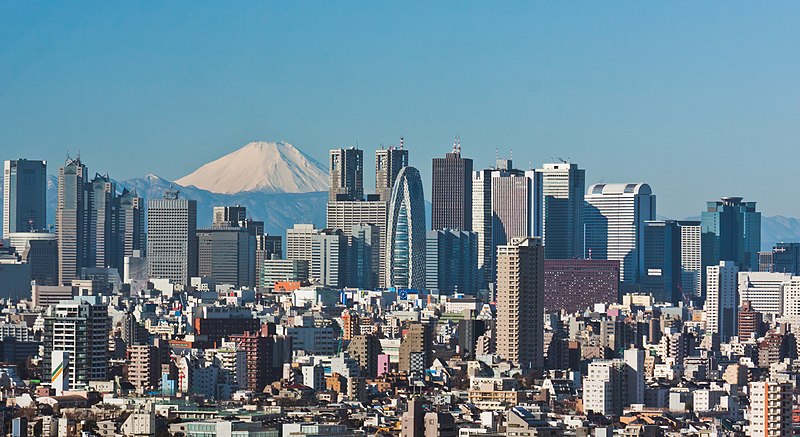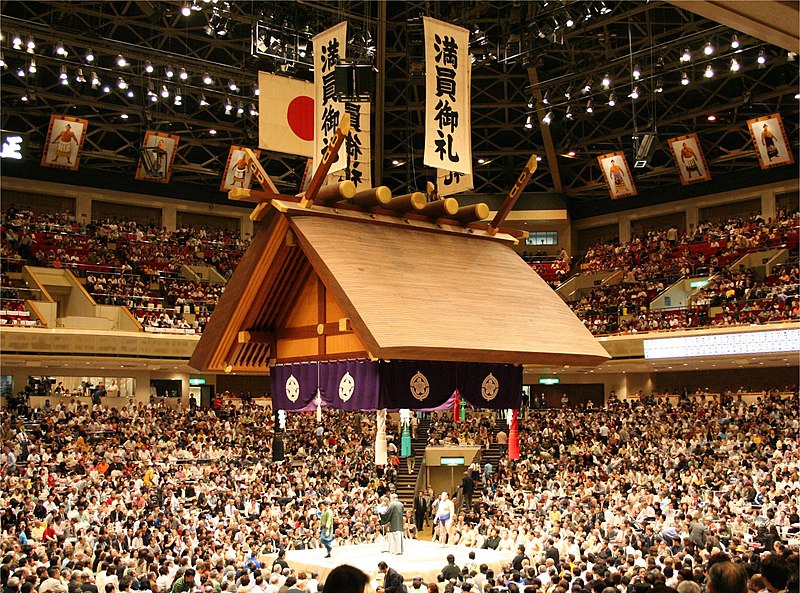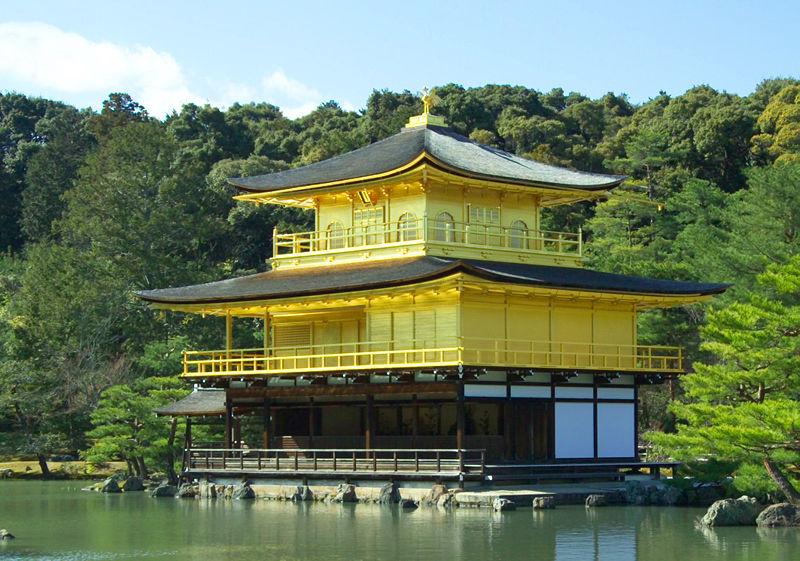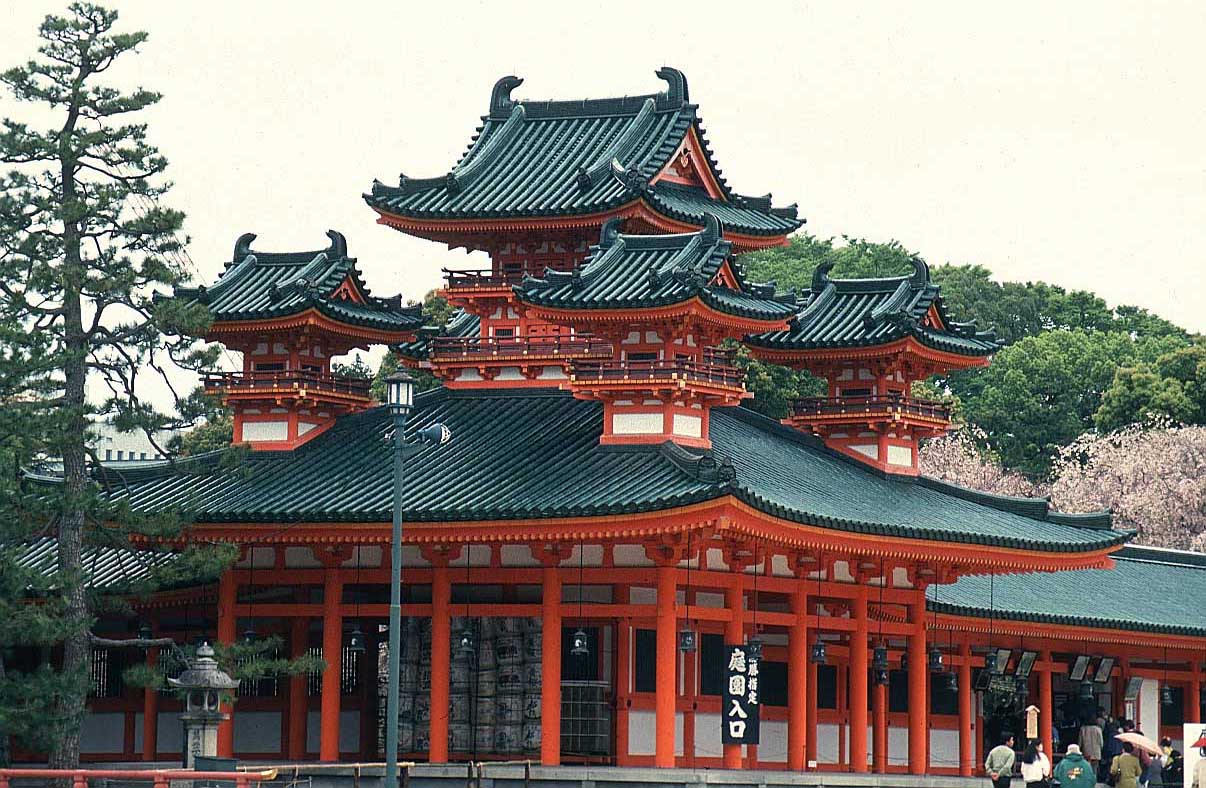Adopting from Japan
Contents
Japan Adoption Alert
Notice: Japan Adoptions: Status of Adopting Orphans from Japan During Crisis (March 23, 2011)
The process for intercountry adoption from Japan has not changed as a result of the recent Earthquake. American citizens wishing to adopt from Japan can learn more about this process on the Japan country information page of the State Department website www.adoption.state.gov. The Department of State understands and appreciates the desire of American Citizens to offer their help during this crisis in Japan. If you are interested in more information on what private citizens can do to offer assistance in the disaster relief effort, please see the U.S. Agency for International Development website at http://www.usaid.gov/.
Hague Convention Information
Japan is not party to the Hague Convention on Protection of Children and Co-operation in Respect of Intercountry Adoption ( Hague Adoption Convention ). Therefore, when the Hague Adoption Convention entered into force for the United States on April 1, 2008, intercountry adoption processing for Japan did not change for American citizens.
Please note: Japan does not have a comprehensive national law on intercountry adoption.
Japan has two distinct procedures for intercountry adoption:
- American citizens can complete a full and final adoption in Japan under Japanese law. However, since Japanese law requires the adopting parents and the child to spend at least six months together before the adoption can be finalized, this option is generally only feasible for American citizens who are already resident in Japan.
- (2) American citizens may obtain legal custody of the child in Japan for the purposes of the child's emigration and a full and final adoption in the United States.
Both alternatives require that the child meet the definition of "orphan" in the Immigration and Nationality Act (INA) Section 101(b)(1)(F) in order to qualify for issuance of an immediate immigrant visa to enter the United States in either category IR-3 (option 1) or IR-4 (option 2).
"Special" and "Regular" Adoptions
For adoptions that are finalized in Japan, there are two types of adoptions under Japanese law - regular and special.
"Regular" adoptions are not considered an option for American citizens wishing to adopt in Japan as they are based on Japanese cultural and family traditions and do not legally sever the ties between the child and his or her birth family. To date there have been no known cases of Americans applying for immigrant visas for children adopted under the Japanese "regular" adoption process. To be a valid adoption for U.S. immigration purposes there must be an irrevocable termination of the biological parent(s) - child relationship.
"Special" adoptions in the Japanese context are an option for Americans who are resident in Japan. The law on special adoptions went into effect on January 1, 1988, having been created to protect children. Special adoptions more closely resemble Western-style adoptions. As in U.S. adoptions, a special adoption legally severs the child's ties, rights and privileges with regard to the birth parent(s) and any prior adoptive parents.
Who Can Adopt
Residency
Age of Adopting Parents
Marriage
Income
Other
Who Can Be Adopted
How to Adopt
Adoption Authority
The Process
Traveling Abroad
After Adoption
SOURCE
Intercountry Adoption, Bureau of Consular Affairs. U.S. Department of State Country Information










